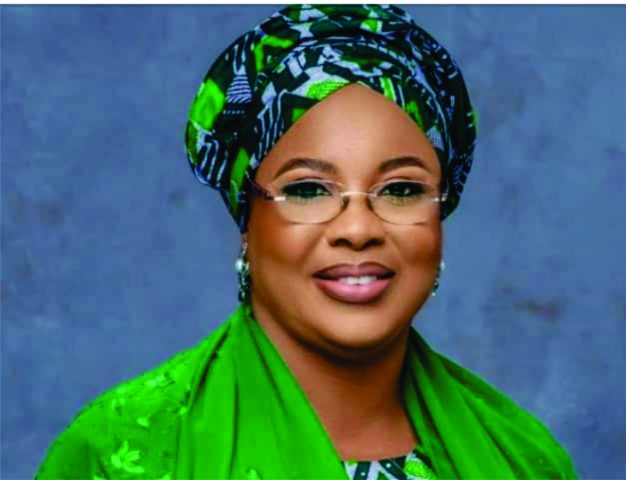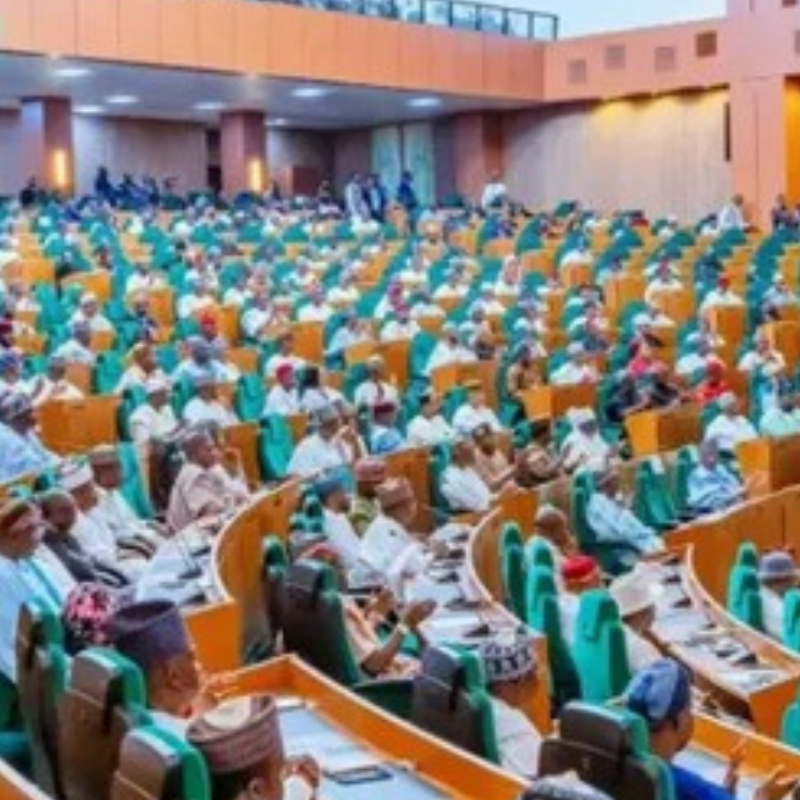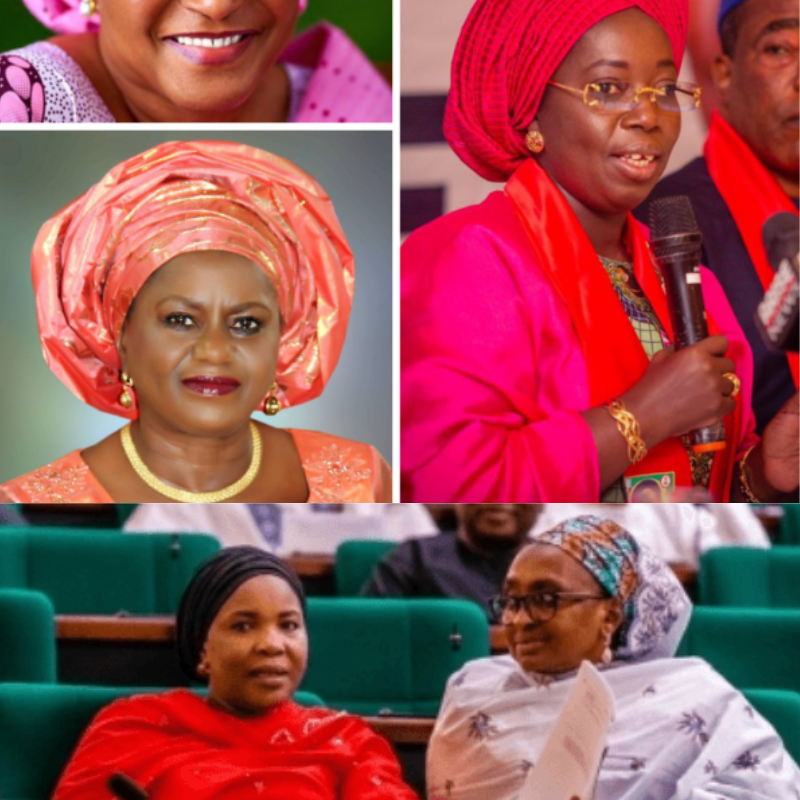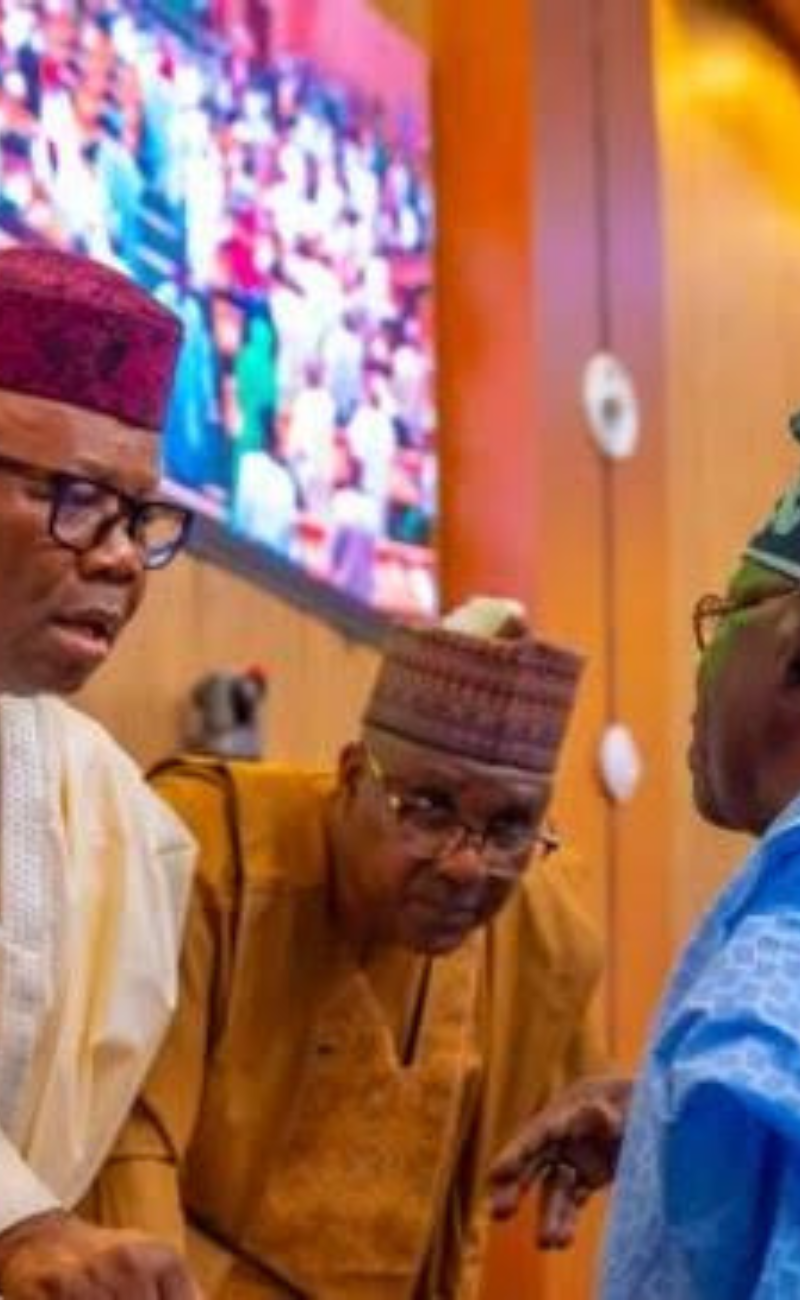The 10th House of Representatives has introduced numerous Gender Equality and Social Inclusion (GESI) bills and motions, demonstrating a positive awareness of issues affecting women, youth, persons with disabilities (PWDs), and vulnerable groups.
![]()
However, a closer look at sponsorship patterns reveals an interesting paradox: most GESI bills and motions are sponsored by male lawmakers, even though women are the most directly impacted by exclusion and underrepresentation.
While this points to commendable allyship from male legislators, it also raises important questions about sustainability and the structural barriers preventing more women from sponsoring and shaping laws that address their realities.
At the same time, it is crucial to recognise the work of a few female champions, such as Rep. Kafilat Ogbara (APC, Lagos), who continue to lead and amplify the GESI agenda within a male-dominated legislature.
READ ALSO: MIDTERM: Scorecards on Gender Equality and Social Inclusion | GESI Tracker
Male Champions Filling the Gap
Male lawmakers dominate the numbers in the 10th Assembly, as we have 360 members of the House, and only 17 are women, and unsurprisingly, the men also dominate sponsorship of bills and motions, including those with clear GESI implications.
On one hand, this demonstrates that GESI is not being ignored by the majority of lawmakers. In fact, it suggests that some men recognise inclusion as a national priority that transcends gender, disability, or age. Their interventions help keep GESI issues on the legislative agenda and provide momentum for advocacy.
Yet, on the other hand, the fact that men are sponsoring the bulk of these bills and motions underscores the structural exclusion of women from parliamentary leadership. With women occupying less than 10 percent of seats, their capacity to sponsor bills and move motions, and shape debates is severely limited. This reliance on male sponsorship creates a paradox: the fight for women’s rights and inclusion is being advanced by those who are not directly experiencing the inequities. While valuable, it is not a substitute for genuine representation.

Women Champions Breaking Barriers
Amidst this paradox, a few women are still making their voices heard and Rep. Ogbara stands out as a consistent champion. She has sponsored multiple direct GESI motions, ranging from disability inclusion to commemorating international days of advocacy for women and girls. Notably, she also sponsored the bills to push for the provision for special seats for women in the National and State Houses of Assembly and amend the Nigeria Security Agencies Act, seeking to mandate at least 15 percent female recruitment and establish gender-responsive compliance mechanisms within the agencies.
Her leadership demonstrates that when women are present in parliament, they bring forward issues that might otherwise remain sidelined. Rep. Ogbara’s motions on violence against women, girl-child empowerment, and disability rights are grounded in lived realities and respond to gaps that male sponsorship, while helpful, cannot fully bridge.
This is why increasing women’s representation in the legislature remains a non-negotiable priority for inclusive democracy. Women lawmakers not only broaden the diversity of voices but also legitimize the GESI agenda by owning it, rather than relying on proxy champions.
Conclusion
The paradox of male champions for GESI highlights both progress and gaps in Nigeria’s democratic journey. While it is encouraging that male legislators are taking on GESI issues, their dominance reflects the structural imbalance that limits women’s presence in parliament. True inclusivity requires more than allyship; it requires representation.
Going forward, the challenge is twofold: sustain and encourage male allyship while redoubling efforts to increase women’s political participation, ensuring that those most affected by exclusion are also the ones shaping the laws to dismantle it.





